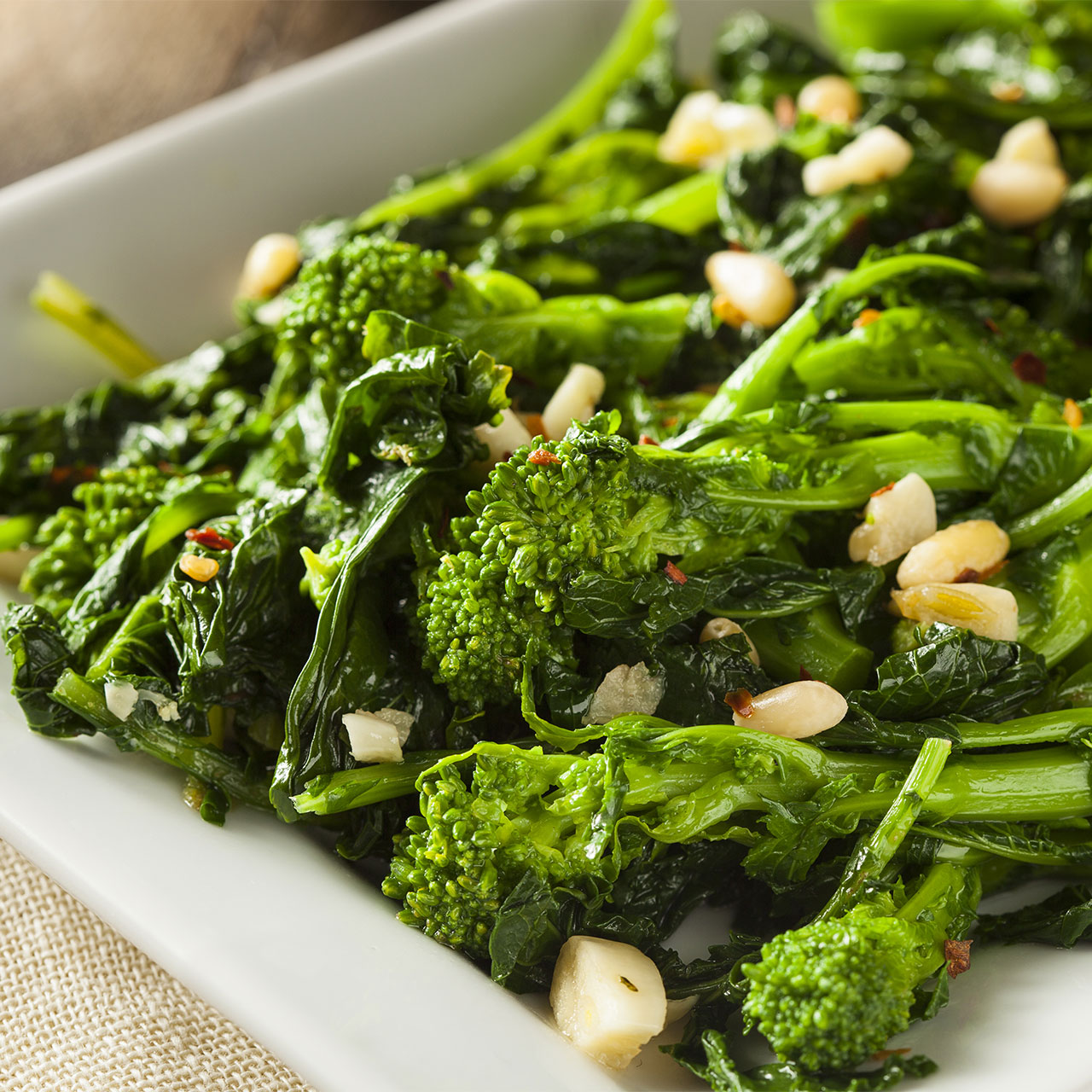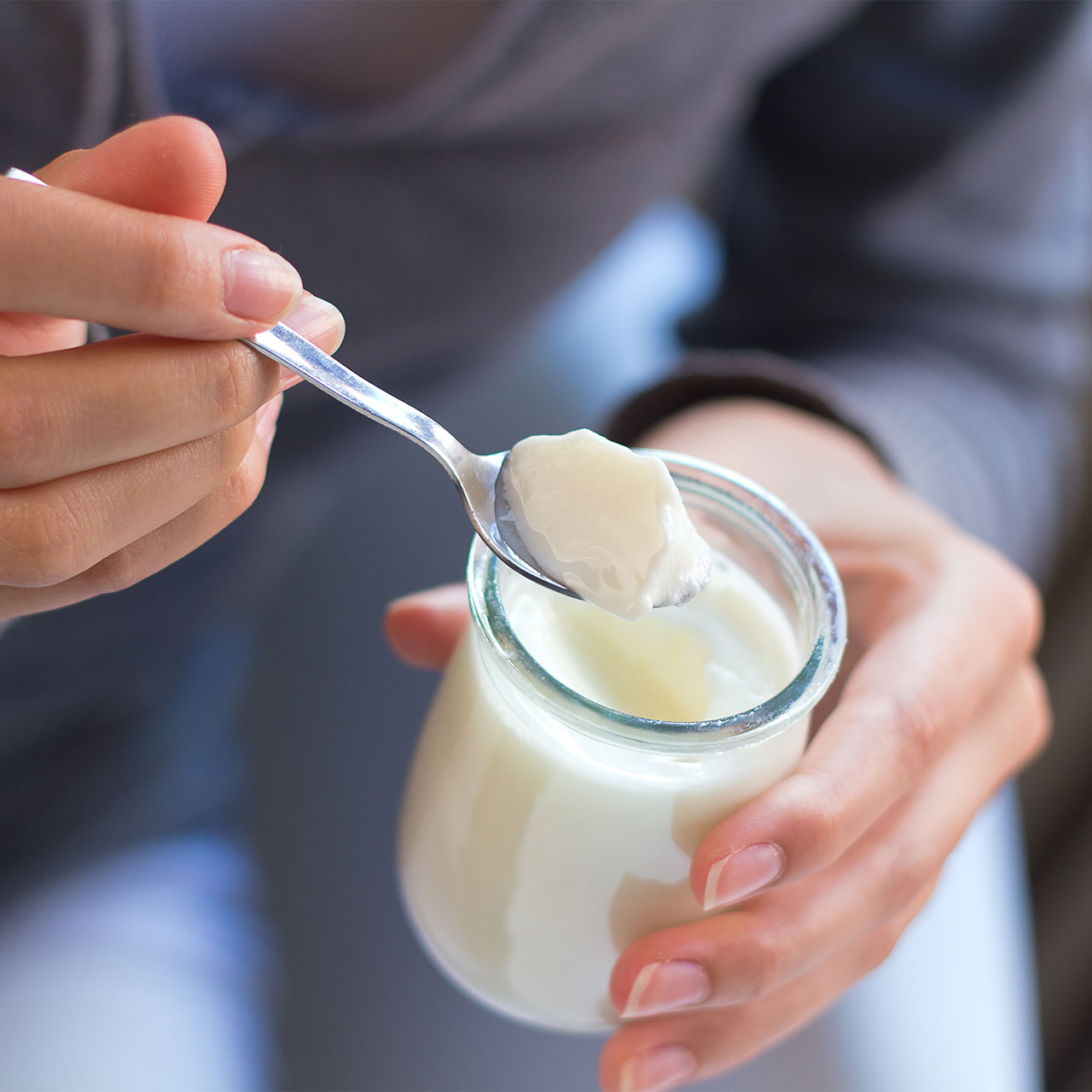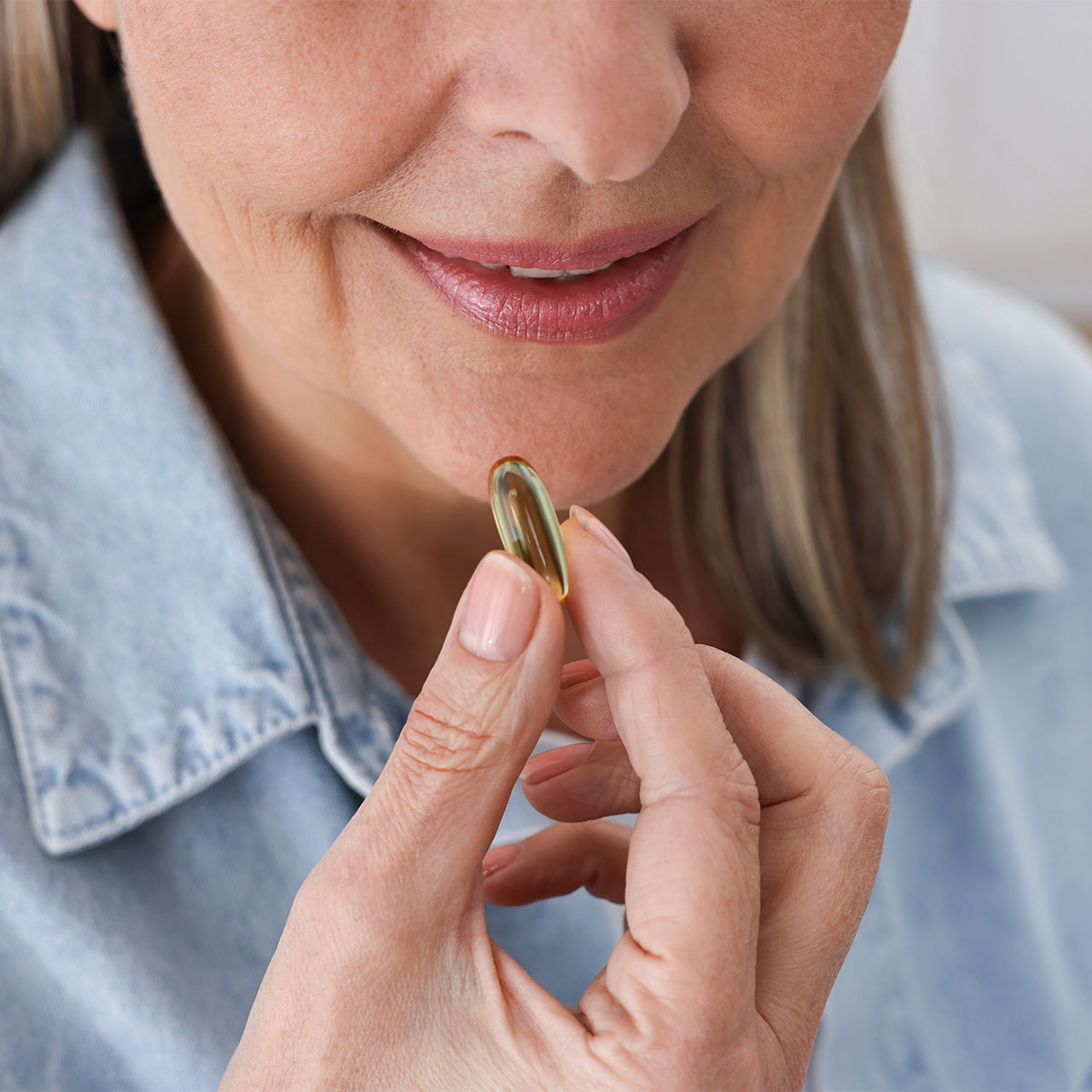In many cases, supplements can be helpful when it comes to boosting your health. They can target a range of needs and are especially beneficial if you have nutrient gaps in your diet. However, they don’t come without risks. As it turns out, many supplements out there can actually be harmful to your health and your safety, especially when taken in large doses. Several popular options pose a significant risk to your cardiovascular health, in particular.
To shed some light on a few potentially dangerous supplements that could lead to heart issues, we spoke to health expert Dr. Michael Lahey. He pointed out seven supplements that can negatively impact heart health, especially for those over 50. Learn more about the risks of options like yohimbe, calcium, and more below.

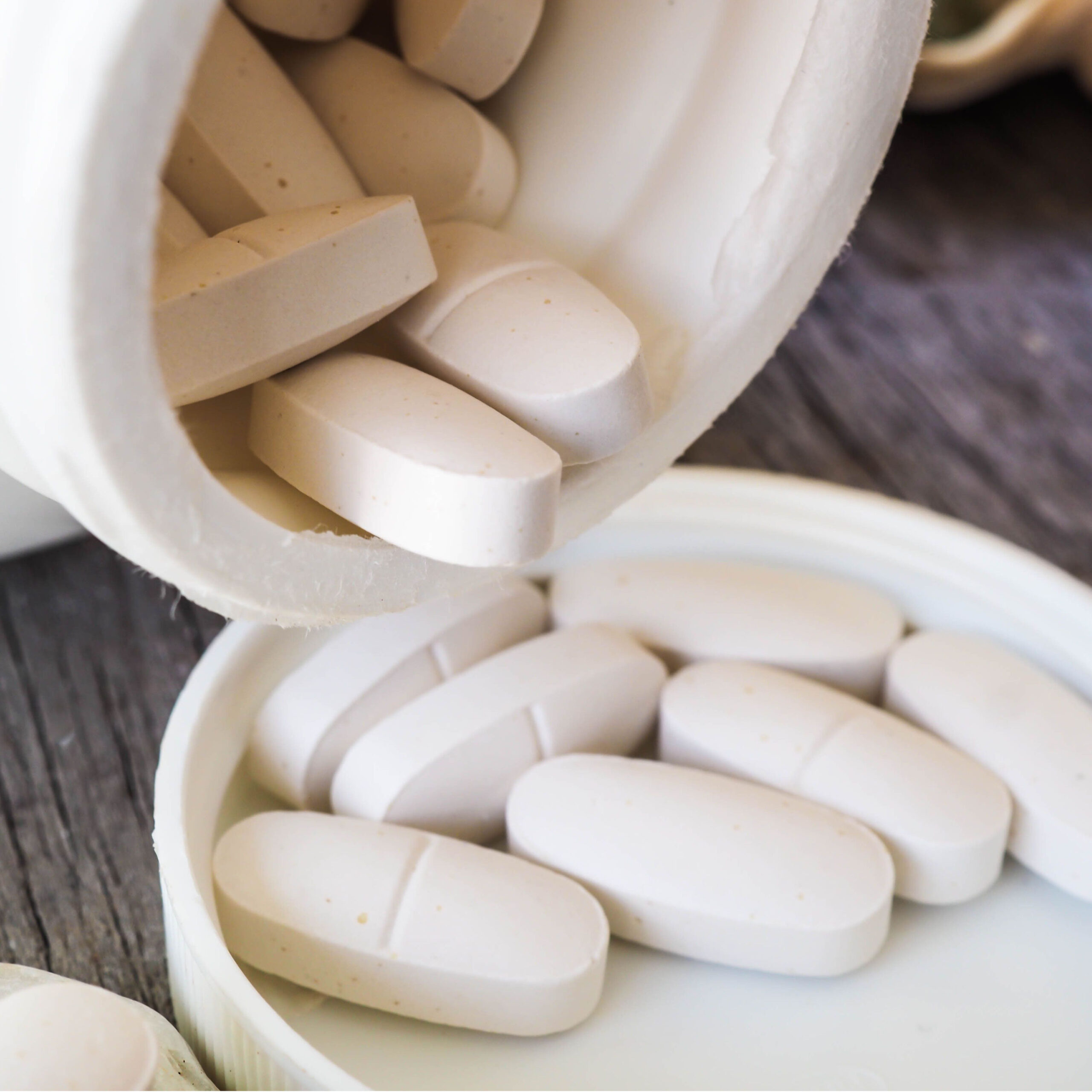
1. Calcium Supplements
Calcium is undoubtedly essential. It famously plays a central role, for example, in maintaining strong bones. But when it comes to calcium supplements, caution is key. Dr. Lahey warns that "supplementing with calcium regularly can lead to hardening of arteries and heart disease." Instead of relying on calcium pills, he suggests turning to natural sources, such as "green vegetables and dairy products," which provide calcium without the associated cardiovascular risks. These dietary sources are not only safer but also provide a range of other nutrients that support overall health. Perfect!
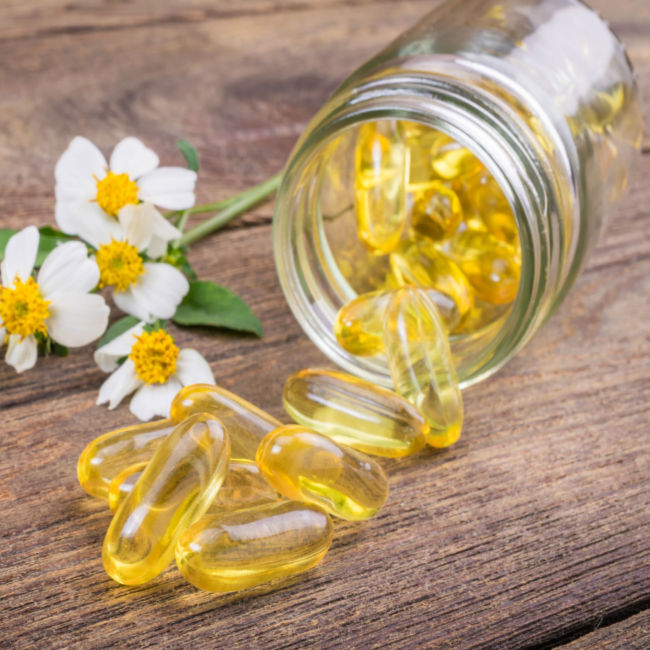
2. Vitamin E
Vitamin E is known for its antioxidant properties, which can certainly be helpful for your health. However, Dr. Lahey warns that taking it in large doses can be dangerous. "Large doses of vitamin E, greater than 400 international units a day, have been associated with hemorrhagic stroke and heart failure," he tells us. He emphasizes that it’s better to get vitamin E from whole foods rather than supplements. "I suggest you obtain your dose of vitamin E from foods such as nuts and seeds, spinach, and such like," he suggests. Got it!
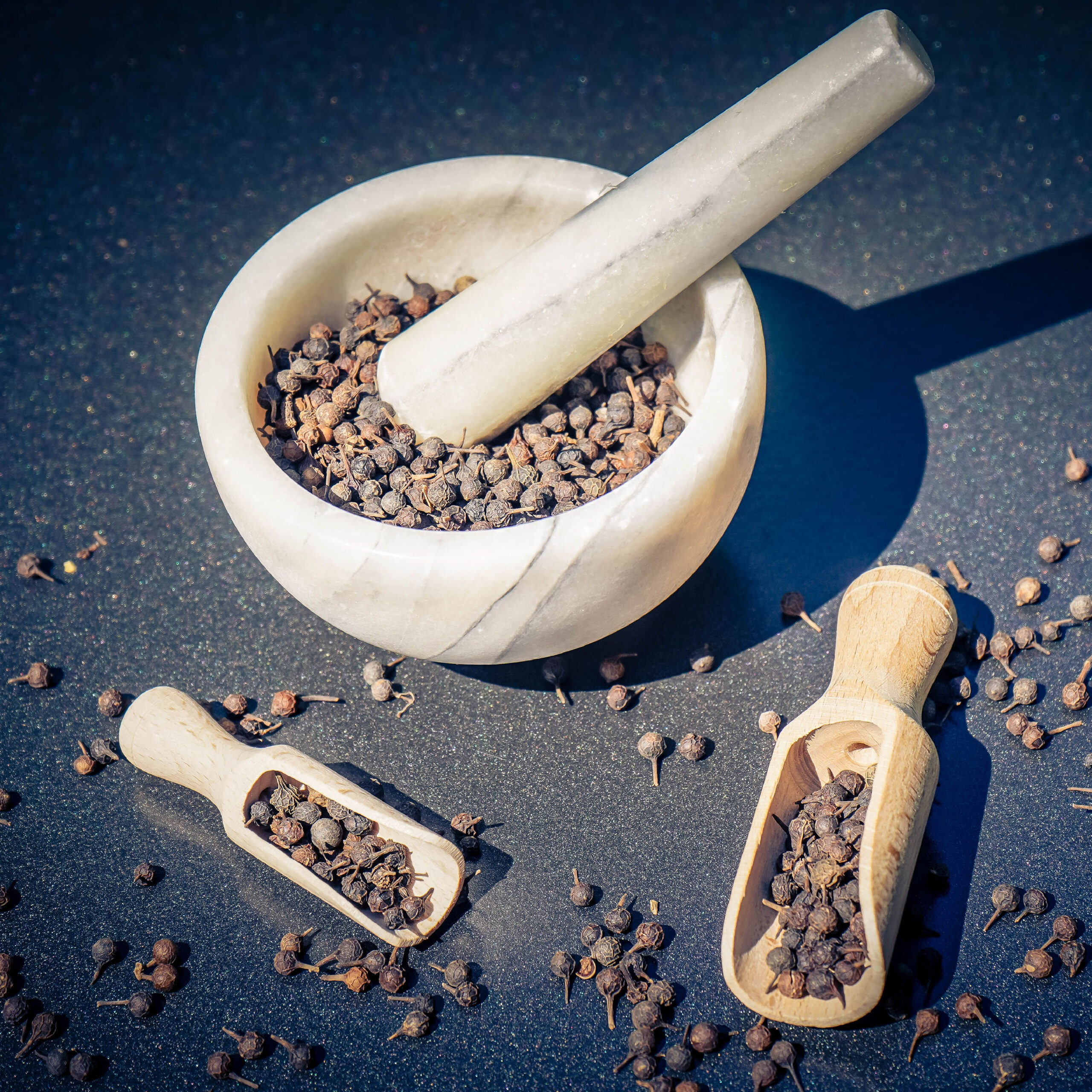
3. Yohimbe
Unfortunately, many supplements promising weight loss can be a nightmare for your heart. Yohimbe is one that has gained popularity as a fat burner and a supplement for enhancing sexual performance. However, Dr. Lahey warns against it, especially if you want to keep your heart health in good shape. "Side effects include an increase in pulse rate and blood pressure—not a plus for any person with heart problems, especially those who are more than fifty years old," he cautions. Instead of turning to Yohimbe, he recommends focusing on "lifestyle modifications to enhance cardiovascular functioning," such as a balanced diet and regular exercise.
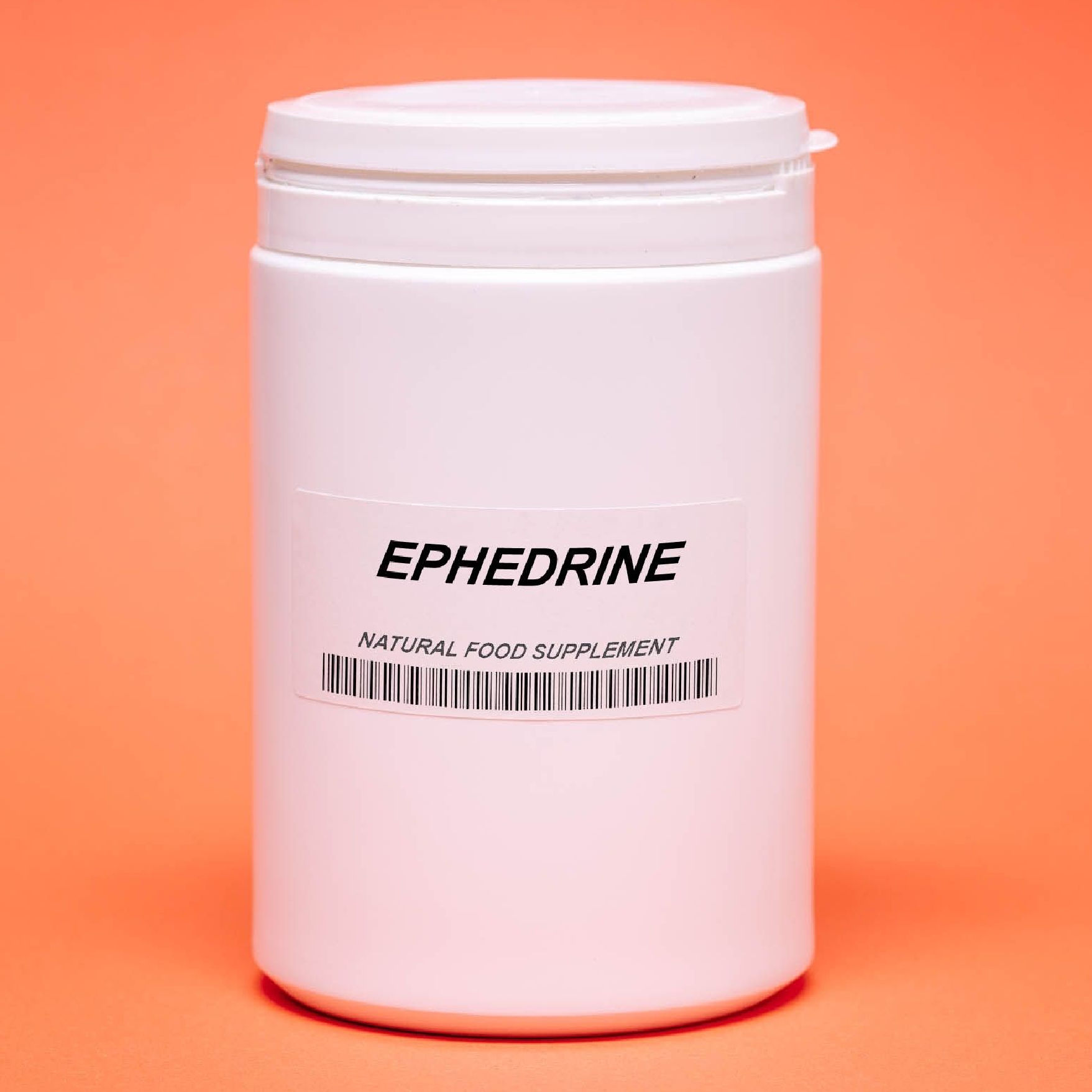
4. Ephedra
Ephedra, once a popular supplement for weight loss, was banned by the federal government in 2000 due to its dangerous side effects. "Ephedra can produce a spike in blood pressure, and increase the risk of heart attacks or abnormal heart rhythms," Dr. Lahey warns. Although it's been banned in the United States, supplements containing ephedra might still be available on some shelves. When it comes to weight loss, your best bet is to stick to tried and true methods—like regular exercises and a healthy diet—rather than turning to supplements.

5. Bitter Orange
Bitter orange is another ingredient found in many weight loss supplements. Like ephedra and other stimulants, it can do a number on your heart. According to Dr. Lahey, "this stimulant is dangerous by raising blood pressure and causing irregular heartbeats, which are dangerous to heart patients in the elderly." If you're trying to shed pounds, he emphasizes that a "safe weight loss plan involves fiber intake and engaging in physical exercises." Noted!
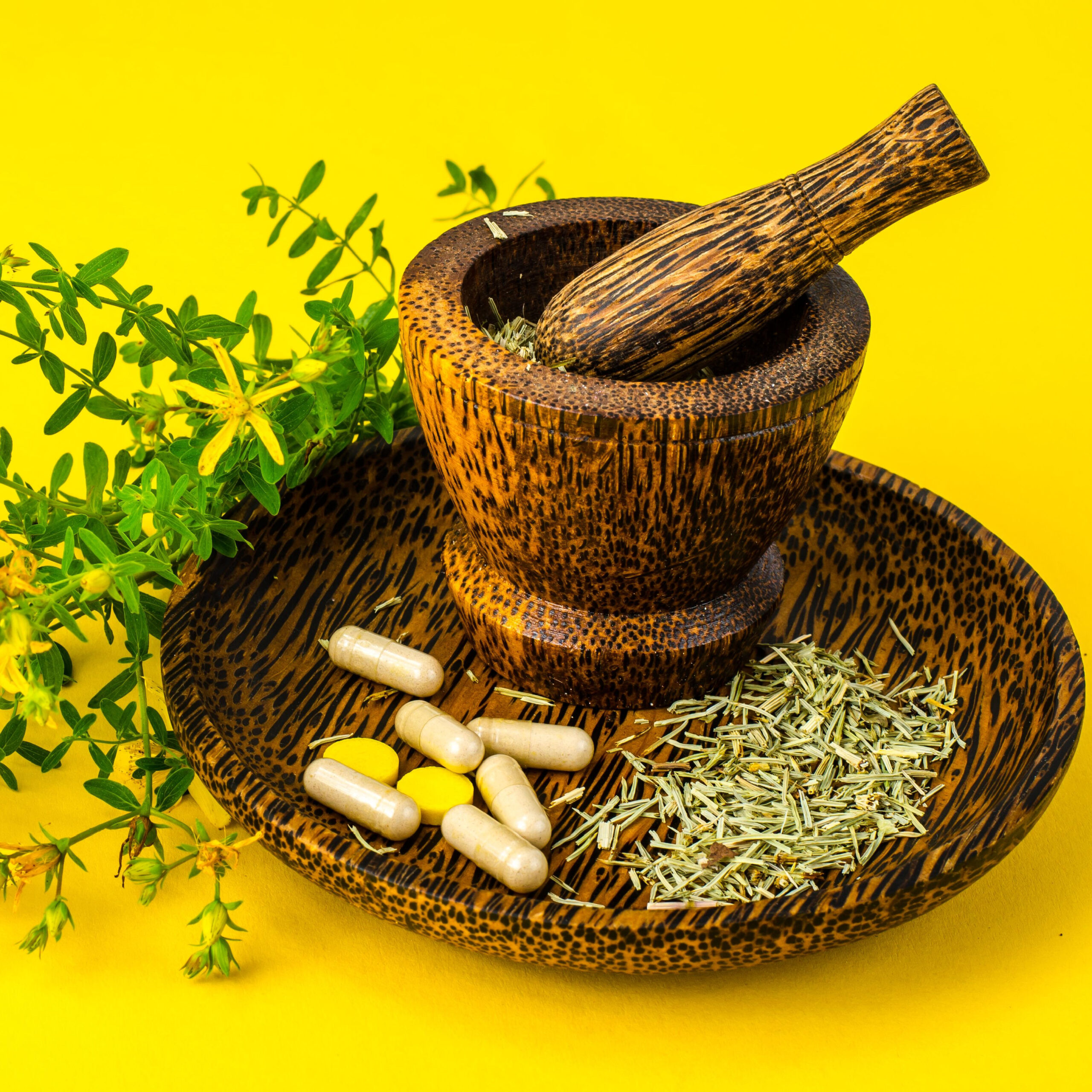
6. St. John’s Wort
St. John’s Wort is an herbal supplement often used as a natural remedy for depression, but it can be risky for those with heart conditions. Dr. Lahey tells us it can be especially dangerous when combined with certain medications. "The supplement should not be used if you take medicines that control heart health because it can cause dangerous interactions with blood thinners or statins," he warns. He recommends talking to your doctor about alternative options to find safer ways to manage mood and mental health without risking harmful interactions.
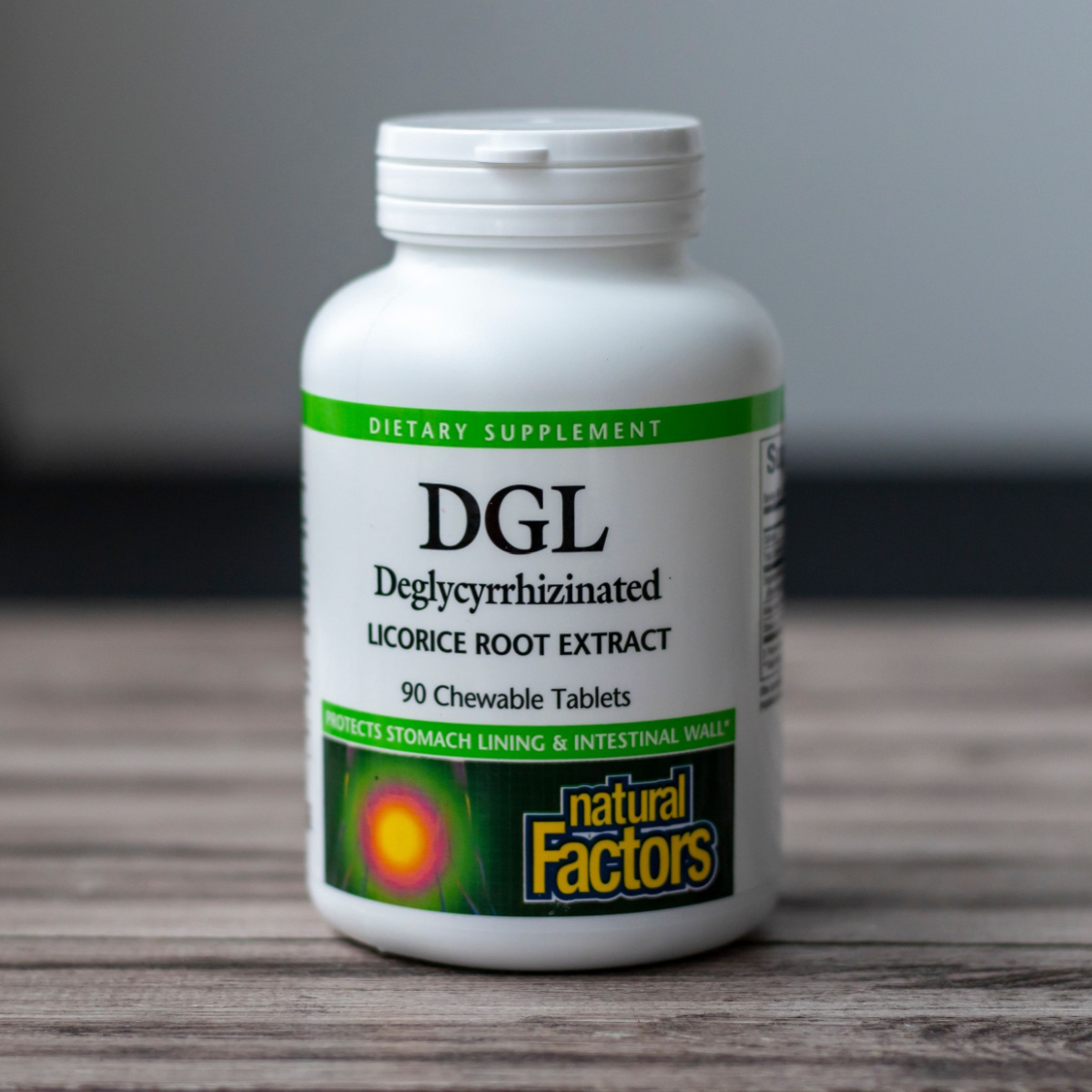
7. Licorice Root
Licorice root is another herbal supplement that may seem harmless but can be dangerous, especially for anyone with pre-existing heart issues. "Taking too much licorice may cause problems with potassium levels, raise blood pressure, and cause heart irregularities," Dr. Lahey says. Better safe than sorry!
READ MORE: 8 Supplements With Hidden Dangers, From Liver Damage To Cardiovascular Risks, Experts Warn














